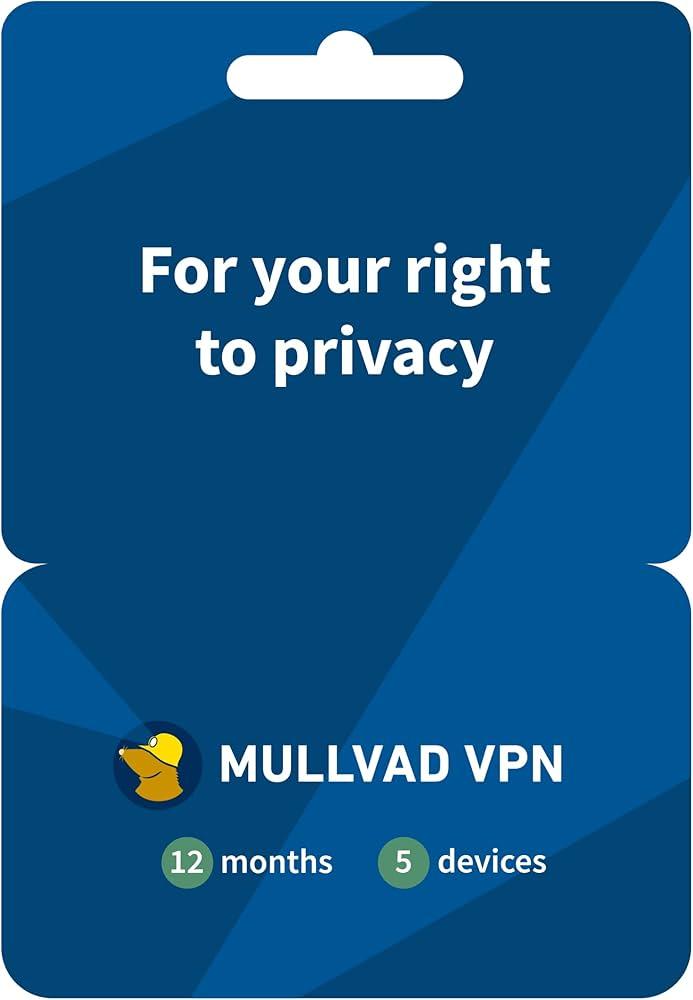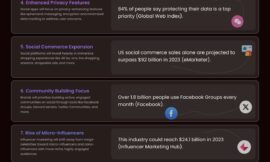In an era where our digital footprints stretch further than ever before, protecting your online privacy has become more than just a choice—it’s a necessity. Whether you’re browsing from a cozy café or navigating public Wi-Fi at the airport, the invisible eyes of hackers, advertisers, and even governments can be lurking in the background. Enter VPN services: the modern-day cloak of invisibility for your internet activity. But with an overwhelming sea of options flooding the market, how do you find the VPN that truly guards your data without compromising speed or ease? This article delves into the best VPN services designed to keep your digital presence secure and private, helping you surf the web with confidence and peace of mind.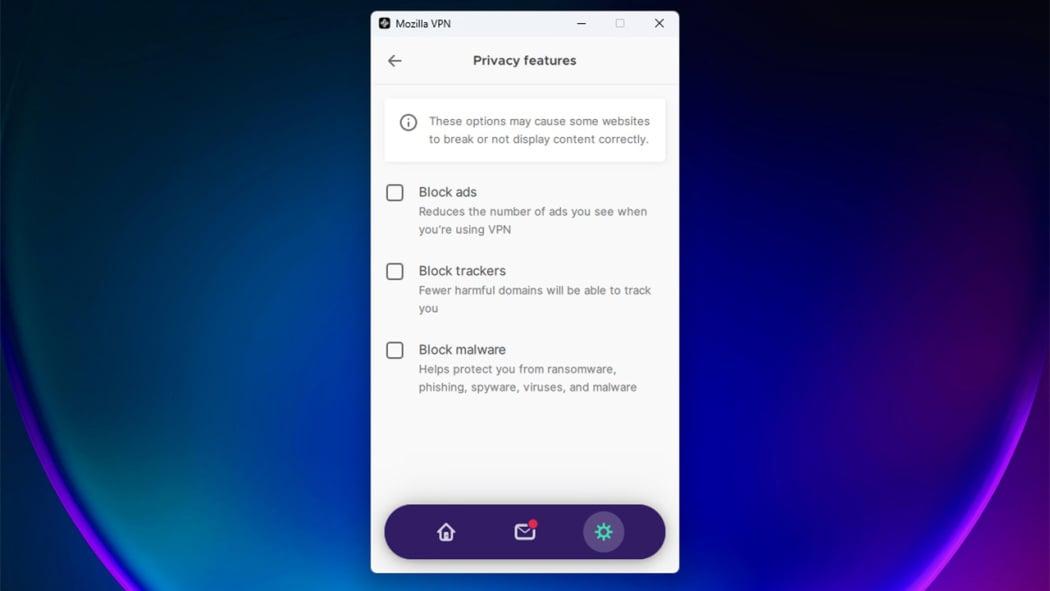
Top Features to Look for in a Privacy-Focused VPN
Choosing a VPN designed with your privacy at heart means looking beyond just speed or server count. One of the most crucial elements is a strict no-logs policy, ensuring that none of your online activity is recorded or stored. Clarity reports and self-reliant audits are ideal indicators that the provider truly values confidentiality, allowing you to verify their trustworthiness.
Equally crucial is robust encryption—look for VPNs employing AES-256 bit encryption or higher, combined with cutting-edge protocols like WireGuard or OpenVPN. Features such as a kill switch, DNS leak protection, and multi-hop routing add extra layers of defense against any accidental data exposure. Additionally, a well-designed VPN app with clear privacy settings helps you easily control what data gets protected.
- Jurisdiction outside of 5/9/14 Eyes for legal protection
- Open-source clients to verify privacy claims
- Minimal metadata collection to reduce tracked facts
- Anonymous payment options like cryptocurrencies
- Dedicated IP addresses to avoid shared tracking risks
| Feature | Why it Matters | Example |
|---|---|---|
| No-logs policy | Protects your online history from being stored or handed over | ExpressVPN |
| Kill switch | Prevents IP leaks if your connection drops | NordVPN |
| Multi-hop VPN | Routes traffic through multiple servers for extra anonymity | Surfshark |
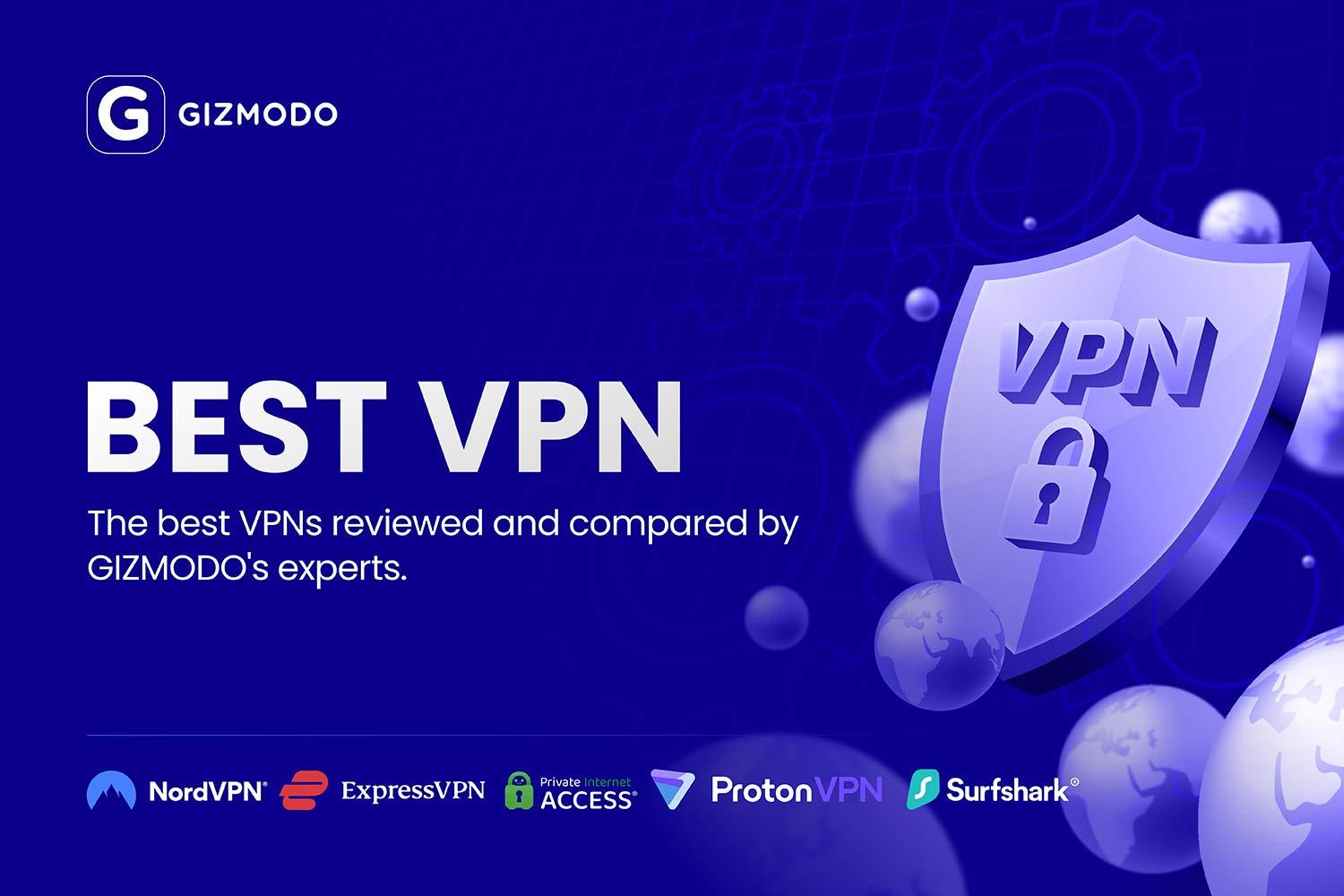
How Leading VPN Services Safeguard Your online Security
Leading VPN services employ advanced security protocols such as OpenVPN,WireGuard,and IKEv2/IPSec to create encrypted tunnels that mask your online activity from potential eavesdroppers. This encryption ensures that sensitive information like passwords, bank details, and personal messages remain inaccessible to hackers, ISPs, and even government surveillance agencies. Additionally, many providers implement a strict no-logs policy, which means they don’t store any data on user activity, offering an extra layer of privacy protection.
Beyond encryption, top-tier VPNs incorporate features designed to safeguard users on multiple fronts:
- kill Switch: Automatically blocks internet traffic if the VPN connection drops, preventing accidental exposure.
- DNS Leak Protection: Ensures DNS queries are routed securely, keeping your browsing history anonymous.
- Multi-hop Connections: Routes your traffic through multiple servers for enhanced anonymity.
- Obfuscation Techniques: Masks VPN traffic to bypass censorship and firewall restrictions.
To illustrate, the following table outlines a snapshot of vital security features typical of the most reputable VPN providers:
| feature | Benefit | Example Providers |
|---|---|---|
| No-Log Policy | ensures user data isn’t stored or shared | ExpressVPN, NordVPN |
| Kill Switch | Prevents data leaks during connection drops | CyberGhost, surfshark |
| Multi-Hop Servers | Adds extra anonymity by chaining servers | ProtonVPN, NordVPN |
For more in-depth information about encryption standards and online privacy, resources such as Electronic frontier Foundation and Cybersecurity & Infrastructure Security Agency serve as excellent authoritative references.

In-Depth reviews of VPN Providers with Strong Privacy Policies
Choosing a VPN that champions privacy begins with understanding the provider’s approach to data protection. Providers with strong privacy policies not only promise but demonstrate a strict no-logs policy, meaning they never record your online activities.this commitment is often validated through independent audits or legal precedents, offering users peace of mind that their information remains confidential. The transparency reports and jurisdictional considerations also play pivotal roles—VPNs based in privacy-friendly countries tend to have fewer obligations to surrender user data.
Detailed evaluations also focus on the security features integrated within each service. Look for VPNs employing cutting-edge encryption standards such as AES-256 and advanced protocols like WireGuard or OpenVPN. Additional layers like automatic kill switches, DNS leak protection, and multi-hop routing further enhance security. The combination of robust policy commitments and technical safeguards ensures you aren’t merely connecting through an encrypted tunnel but are safeguarded against tracking, surveillance, and cyber threats.
| VPN Provider | Data Logging | Encryption | Jurisdiction |
|---|---|---|---|
| ExpressVPN | No logs, independently audited | AES-256, TrustedServer technology | British Virgin Islands |
| NordVPN | No logs, audited by PricewaterhouseCoopers | AES-256, WireGuard (NordLynx) | Panama |
| protonvpn | No logging, Swiss privacy laws | AES-256, OpenVPN & WireGuard | Switzerland |
For more transparency and information on digital privacy, consider visiting Privacy International or the Electronic Frontier Foundation. These organizations provide excellent resources that help deepen your understanding of online privacy challenges and solutions in the evolving VPN landscape.
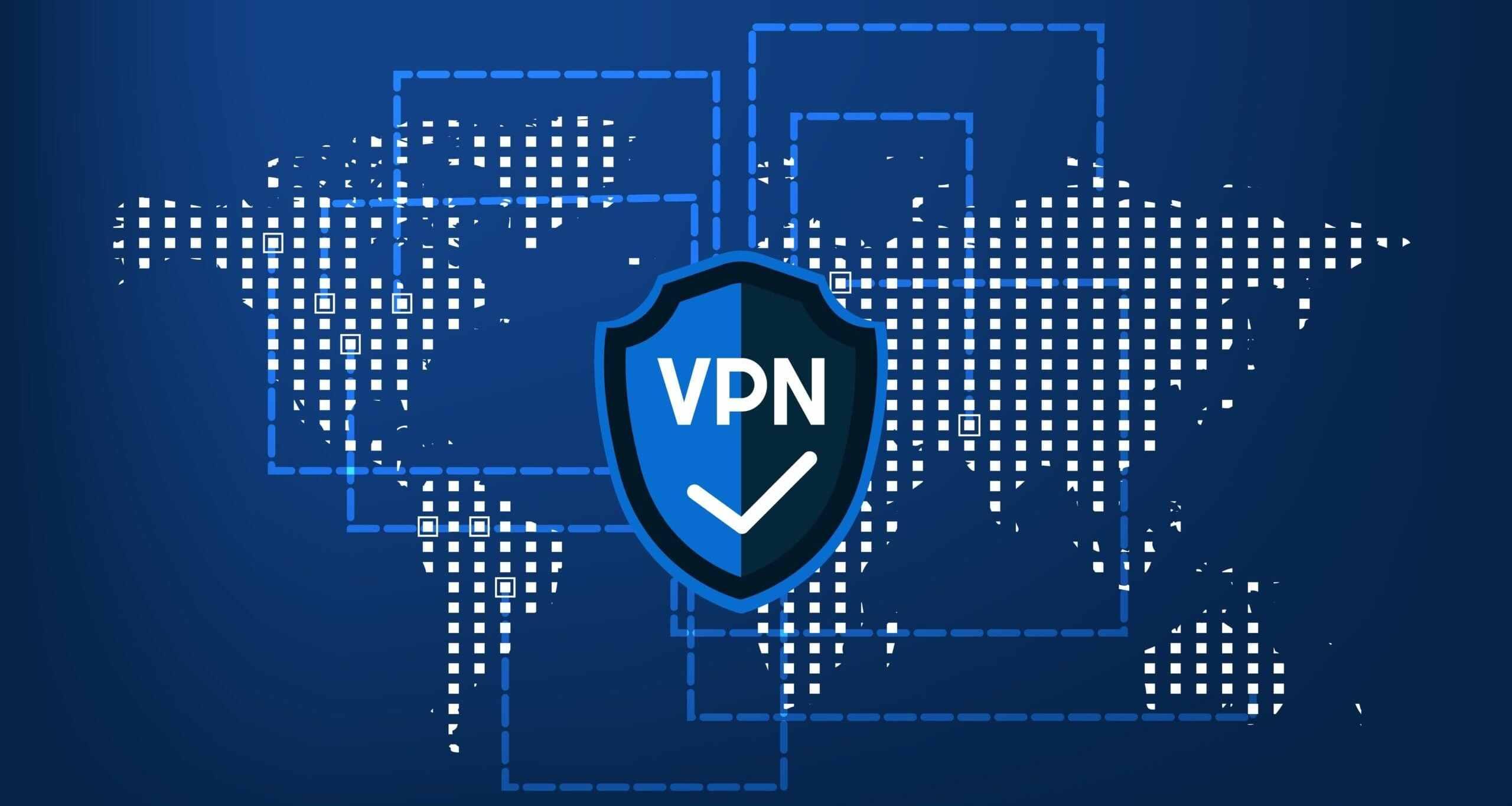
Choosing the Right VPN for Your Unique Security Needs
When it comes to enhancing your digital privacy, a one-size-fits-all approach rarely works. Every user encounters unique threats and demands different levels of protection based on their online habits, location, and the sensitivity of the data they handle. Prioritizing features such as no-log policies, strong encryption standards, and robust kill switches can make a critical difference in safeguarding your identity and data from prying eyes.
Evaluate your specific needs by considering factors such as:
- Streaming and P2P usage: Does the VPN support high-speed connections with servers optimized for these activities?
- Jurisdiction: Is the VPN provider based in a country with strong privacy laws or one prone to surveillance alliances?
- Device compatibility and simultaneous connections: Will it cover all your devices under one subscription?
To help you make an informed choice, here’s a rapid comparison of essential VPN features tailored to different needs:
| Feature | Privacy Focus | Speed & Streaming | Advanced Security |
|---|---|---|---|
| No-logs policy | essential | Important | Essential |
| Multi-hop servers | Recommended | Optional | Highly recommended |
| 256-bit AES encryption | Standard | Standard | Mandatory |
| Kill switch | Highly recommended | Recommended | Essential |
For deeper insights into VPN functionality and technological advancements, visit authoritative resources such as Electronic Frontier foundation and Cybersecurity & Infrastructure Security Agency.
Final Thoughts
In the ever-evolving landscape of digital privacy, choosing the right VPN is more than just a tech decision—it’s a step towards reclaiming your online freedom. Whether you prioritize airtight security, lightning-fast speeds, or a user-friendly experience, the best VPN services offer a vital shield against prying eyes and cyber threats. as you navigate the options, remember that the ultimate goal is peace of mind in an increasingly connected world. Equip yourself wisely, browse confidently, and let your digital footprint remain yours alone.


